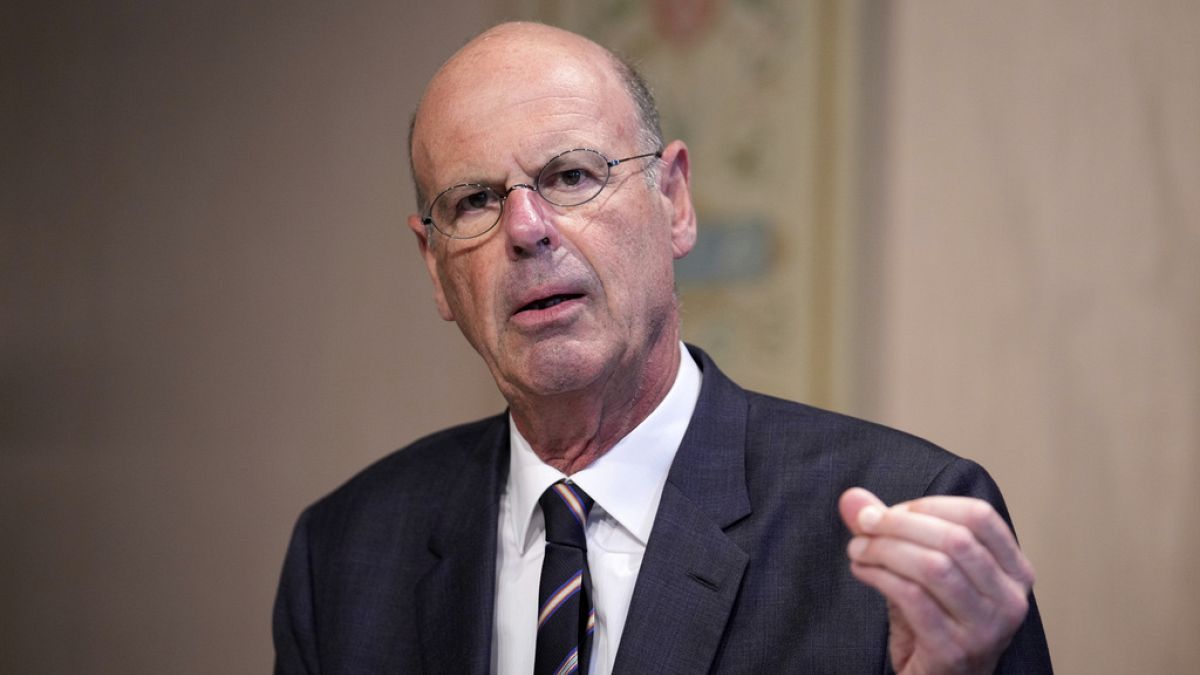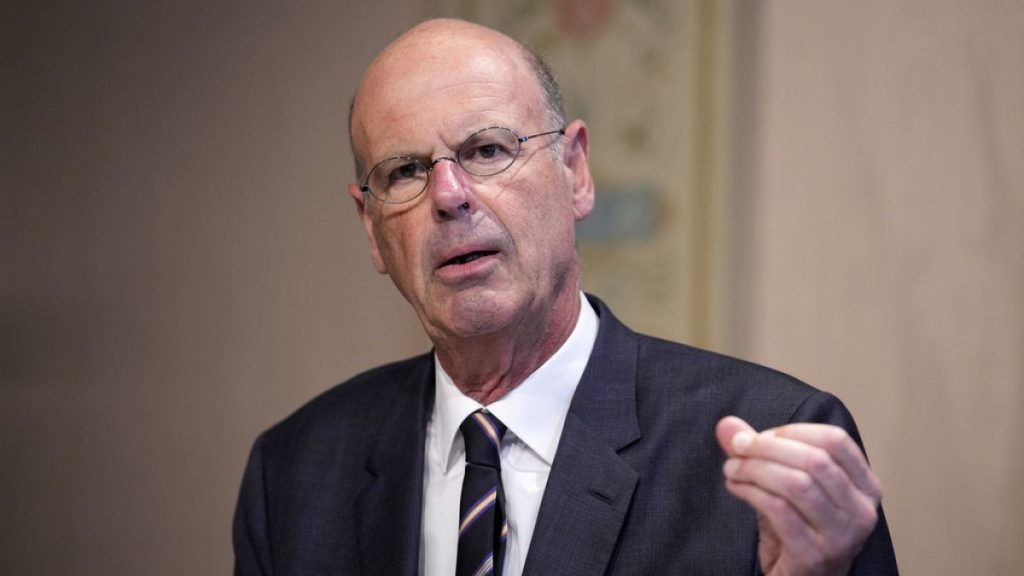The French Finance Minister stated that the government will have to make budget adjustments if Prime Minister François Bayrou is ousted, while the opposition insists his fall is imminent due to his austerity plan.
French Finance Minister Éric Lombard confirmed that the government will need to make concessions in its deficit reduction plans if Prime Minister François Bayrou is removed during the upcoming confidence vote next week.
Lombard explained in an interview with the Financial Times that any new negotiations will require the government to reach a settlement with left-wing forces, including reducing the financial package if the government falls.
He expressed hope that Bayrou can withstand the vote but also expressed confidence that Bayrou or his successor will be able to pass the budget before the end of the year.
The minister ruled out an imminent debt crisis, stating: “We will handle the deficit.”
Bayrou began a final round of talks this week with political party leaders in an attempt to gain support, just days before his expected ousting over unpopular austerity measures and debt reduction plans.
The Prime Minister, who himself called for the confidence vote on September 8, said he was ready to “fight like a dog,” considering “France’s fate” to be at stake.
However, opposition parties confirmed that the time has passed and that there will be no support for the budget plan, making Bayrou’s fall inevitable and placing the country in a political crisis.
Bayrou, a longtime ally of President Emmanuel Macron, stressed that the coming days will be critical to securing support for the €44 billion austerity plan, which includes canceling two public holidays and freezing most social spending. He warned that France would face the “curse” of public debt if the plan is not approved.
The French Communist Party was the first to meet Bayrou this week, with MP Stéphane Peu declaring, “This government will fall.”
Marine Le Pen of the far-right National Rally party said after meeting Bayrou that “no miracle” had occurred, describing the Prime Minister as “in denial, isolated, and irresponsible.” National Rally leader Jordan Bardella likened the current government to a “sinking ship.”
The Socialist Party stated it would meet Bayrou only to bid farewell, while other left-wing forces, including the Greens and La France Insoumise, refused to meet him altogether, considering it pointless.
Parliament Speaker Yaël Braun-Pivet, a prominent figure in Macron’s centrist coalition, said in an interview with France Inter radio that “dialogue with the opposition should have been broader during the summer.”
She called on Bayrou to abandon his proposal to cancel two public holidays but renewed her confidence in him, stressing that if the government falls, broad talks between parties must take place to reach a consensus on the 2026 budget.
The situation remains unclear if Bayrou’s government falls. President Macron may appoint a new prime minister but will face the same divisions over the budget. Macron himself has stated he does not support calls for new early elections.
The parliament has been deadlocked since the inconclusive early elections Macron called in June, with seats divided among three camps without an absolute majority: the left alliance with the most seats, Macron’s centrist coalition which has declined but remains present, and the National Rally party which advanced but was hindered by tactical voting from the left and center.














Recommended for you
Exhibition City Completes About 80% of Preparations for the Damascus International Fair Launch
Talib Al-Rifai Chronicles Kuwaiti Art Heritage in "Doukhi.. Tasaseem Al-Saba"
Unified Admission Applications Start Tuesday with 640 Students to be Accepted in Medicine
Al-Jaghbeer: The Industrial Sector Leads Economic Growth
Ministry of Media Announces the 10th Edition of 'Media Oasis'
Love at First Sight.. Karim Abdel Aziz and Heidi: A Love That Began with a Family Gathering and 20 Years of Marriage